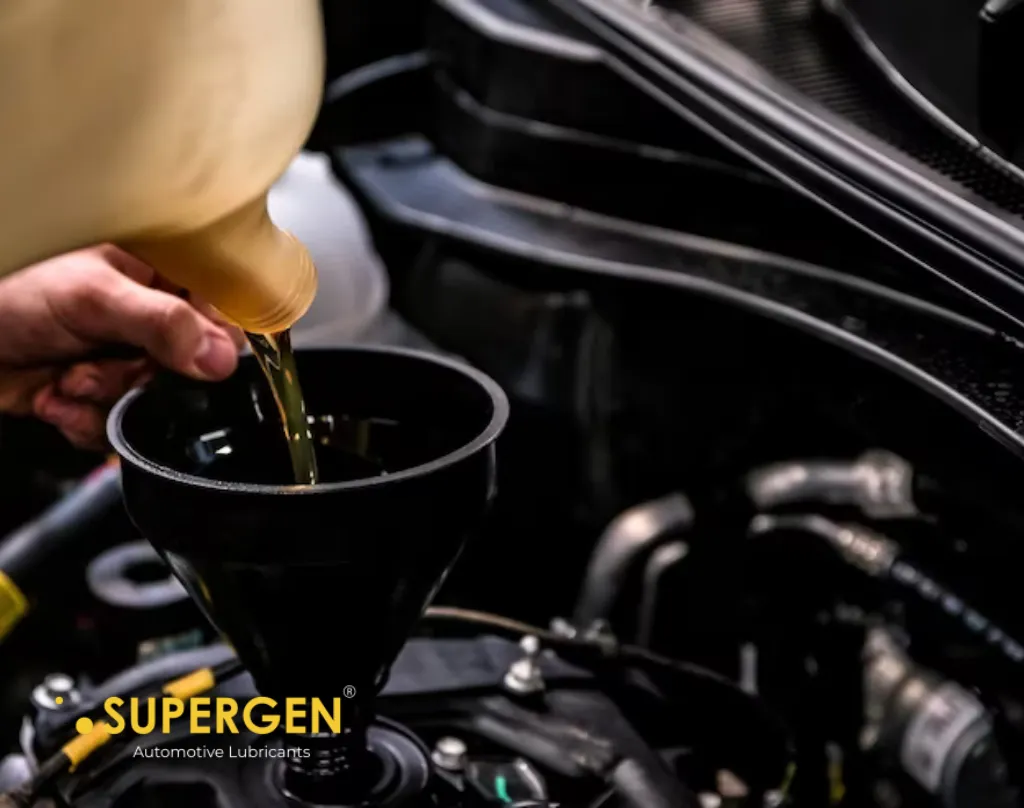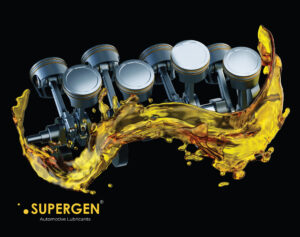Introduction:
Engine oil is the lifeblood of any internal combustion engine. Its primary function is to lubricate, cool, and clean the engine components, ensuring smooth operation and longevity. But does it go beyond these basic functions? Can engine oil truly enhance the performance of your vehicle? In this comprehensive exploration, we delve into the intricate relationship between engine oil and performance, examining its impact on acceleration, deciphering signs indicating the need for an oil change, and unraveling the consequences of neglecting this vital maintenance task.
How Engine Oil Affects Acceleration:
Acceleration, the thrill of swiftly gaining speed, is a vital aspect of vehicle performance. Surprisingly, engine oil plays a significant role in this dynamic process. The viscosity of the oil, which determines its thickness and resistance to flow, directly influences engine friction. Optimal viscosity ensures minimal friction, allowing engine components to move freely and facilitating smoother acceleration. High-quality synthetic oils with superior viscosity characteristics often contribute to enhanced acceleration compared to conventional oils. Additionally, engine oil acts as a coolant, preventing overheating during prolonged periods of high-speed acceleration, thereby maintaining engine efficiency and performance.
Signs of Needing an Oil Change:
Regular oil changes are crucial for preserving engine health and maximizing performance. Ignoring the signs indicating the need for an oil change can lead to detrimental consequences. Some common indicators include:
- Dark, gritty oil:
Over time, engine oil accumulates dirt, debris, and contaminants, turning dark and gritty. This impairs its lubricating properties, increasing friction and causing premature wear on engine components. - Engine knocking or ticking noises:
Insufficient lubrication due to old or degraded oil can result in increased friction between moving parts, leading to audible knocking or ticking sounds emanating from the engine. - Decreased fuel efficiency:
Dirty or degraded oil can cause increased friction and drag on engine components, resulting in decreased fuel efficiency and sluggish performance. - Check engine light:
An illuminated check engine light may indicate various issues, including low oil pressure or degraded oil quality, necessitating immediate attention and a potential oil change. - Smoke from the exhaust:
Burning oil due to leaks or oil degradation can result in blue or gray smoke emanating from the exhaust, signaling potential engine damage and the need for an oil change.
The Relationship Between Engine Oil and Performance
When it comes to performance, the primary metrics of interest typically include horsepower, torque, fuel efficiency, and overall engine responsiveness. While engine oil indirectly influences these factors by ensuring the engine operates smoothly and efficiently, its direct impact on performance is limited.
- Lubrication and Friction Reduction:
High-quality engine oils with the appropriate viscosity and additives can help reduce friction between moving parts, such as pistons, crankshafts, and camshafts. While this can lead to marginal gains in performance by minimizing power loss due to friction, the difference is often imperceptible in everyday driving conditions. - Cooling Efficiency:
Efficient cooling provided by engine oil can help maintain consistent engine temperatures, which is crucial for preventing overheating and maintaining performance. However, the cooling effect of engine oil is primarily aimed at preserving engine health rather than directly improving performance metrics. - Cleanliness and Engine Health:
Clean engine internals result in better combustion, reduced carbon buildup, and improved overall engine efficiency. While clean engine components can contribute to optimal performance, the impact of engine oil on cleanliness is more about longevity and reliability than immediate performance gains. - Viscosity and Fuel Efficiency:
Engine oils with lower viscosity can improve fuel efficiency by reducing internal friction and drag. However, optimizing viscosity for fuel efficiency must be balanced with maintaining adequate lubrication and protection, as excessively thin oils may compromise engine durability.
Consequences of Not Changing Oil Regularly:
Neglecting regular oil changes can have severe repercussions on engine performance, reliability, and longevity. Some consequences include:
- Engine wear and damage: Old or degraded oil loses its lubricating properties, leading to increased friction and wear on engine components such as pistons, bearings, and camshafts. This can result in irreparable damage and costly repairs.
- Reduced fuel efficiency: Dirty or degraded oil increases friction and drag within the engine, decreasing fuel efficiency and requiring more fuel to achieve desired performance levels.
- Overheating and engine failure: Inadequate lubrication and cooling properties of old oil can result in overheating, leading to engine failure and potentially catastrophic damage.
- Decreased performance: Accumulated dirt, sludge, and contaminants in old oil impair engine performance, causing sluggish acceleration, reduced power output, and compromised overall driving experience.
- Voided warranty: Failure to adhere to manufacturer-recommended oil change intervals may void warranty coverage, leaving you financially responsible for any engine-related repairs or replacements.
Final Note:
Engine oil is not merely a lubricant but a crucial determinant of performance, reliability, and longevity in internal combustion engines. Its impact on acceleration, coupled with the telltale signs indicating the need for an oil change and the dire consequences of neglecting this vital maintenance task, underscores the significance of regular oil changes in preserving engine health and optimizing performance. By prioritizing timely oil changes and using high-quality oils suitable for your vehicle, you can ensure smooth acceleration, enhanced performance, and prolonged engine life.








